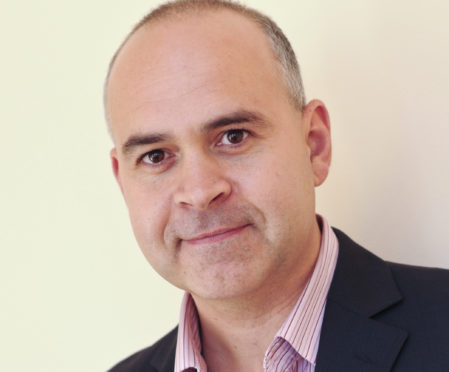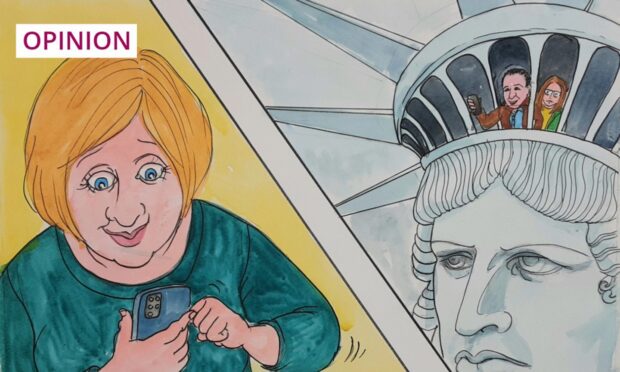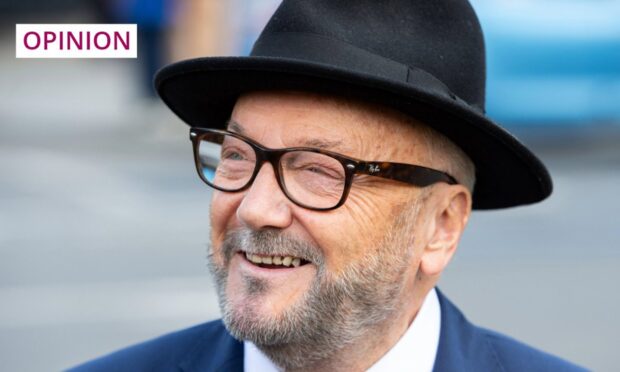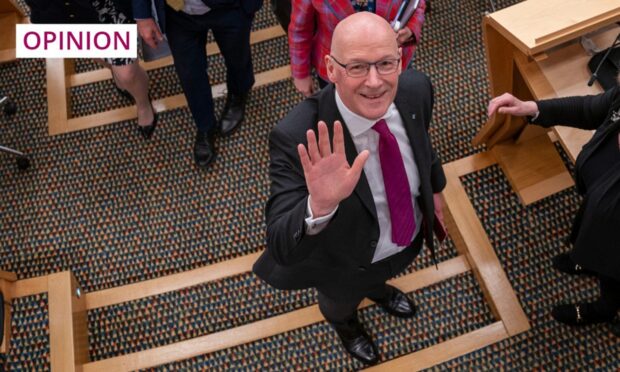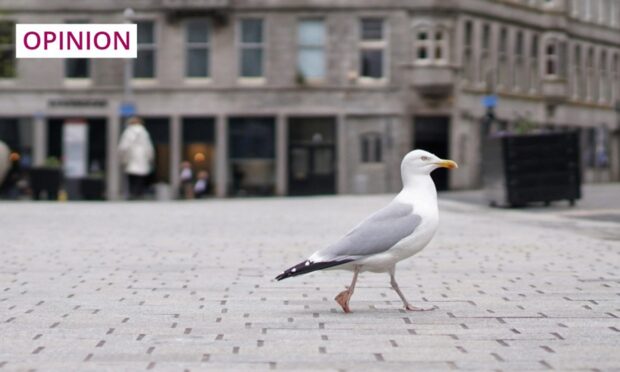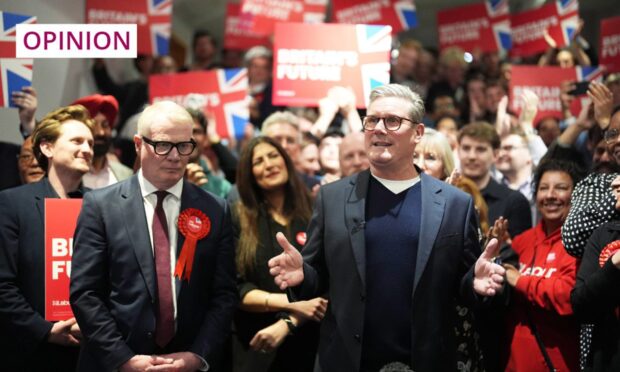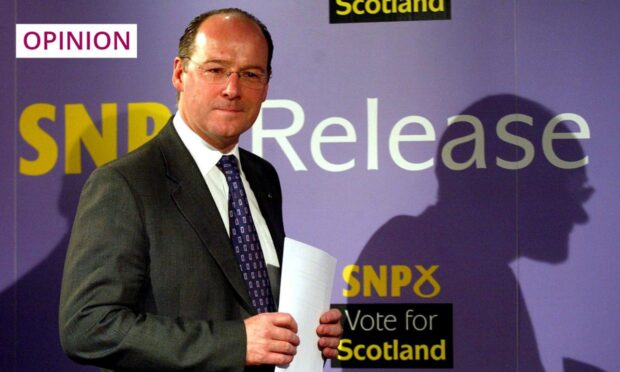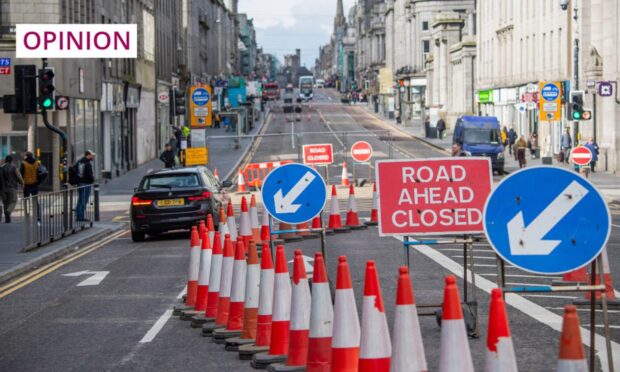Remember the book ‘Men are from Mars, Women are from Venus’?
Published nearly 30 years ago and focused on nurturing and repairing relationships, its title could also be applied to differences in mental health between men and women.
Understanding these differences is the first step to dealing with them efficiently.
Taking things at face value only, you would be forgiven to think that men and women are affected by mental health problems in equal measure.
As is often the case, though, huge gaps open up as soon as we start looking at details.
Both genders get stressed and it is well-known that some degree of stress may make people more efficient, but too much can overwhelm us, leading to anxiety and depression.
So far, so similar.
However, the differences start with the appearance of the problem: gender encourages different ways of dealing with feelings so depressed women will often seem sad and withdrawn, whereas men may more often react through anger and irritability.
>> Keep up to date with the latest news with The P&J newsletter
Diagnosis differs, too. According to the World Health Organisation (WHO), women find it easier to see mental health issues as illnesses that can be cured and will seek professional help.
Scottish figures show that twice as many women see their GP for mental health problems than men.
At the same time, doctors seem to diagnose women more easily than men presenting with similar symptoms. Men seem to slip through the roster more easily.
This diagnosis of depression and anxiety is often followed by the prescription of anti-depressants and related drugs – and this is where we may be missing the opportunity to help both men and women without long-term medication.
Professor Ewan Gillon: How to deal with uncertainty outwith our control
Treatments like counselling, cognitive behavioural therapy (CBT), mindfulness and lifestyle changes including a good sleep routine are in danger of being overlooked as impactful alternatives.
In fact, the gender differences in mental health presentation opens up well before adulthood.
Girls describe themselves as depressed more than twice as often as boys, and three out of four teenagers that are prescribed anti-depressants are female.
As a parent, I can’t help being concerned by this number, but it’s another topic for another column.
As men, most of us are statistically more likely to think of depression and anxiety as a weakness, and it’s not uncommon to turn to alcohol to try and mask problems instead of seeking professional help.
Whilst mental health related problems are talked about much more openly now than they were even a decade ago, men often still find it harder to see a therapist or speak to their doctor about mental health related problems.
The consequences of this barrier in communication and seeking help are dire: whilst more women are being diagnosed with mental health issues than men, the suicide rate in men is roughly three times as high as in women in Scotland, a trend which is mirrored globally.
Stark figures to illustrate the biggest issue of all: even in 2019, with events like this month’s Mental Health Awareness Week (May 13-19, 2019) reaching a wider audience many of us won’t talk about our mental health.
There is still a stigma attached to admitting to depression and anxiety and asking for help. The sooner we can break this down, the better for all of us.
Professor Ewan Gillon is a chartered psychologist and is clinical director for First Psychology Scotland, with centres in Aberdeen, Inverness, Dundee, Perth, Edinburgh, Glasgow and Borders.
www.firstpsychology.co.uk
www.aberdeen-psychology.co.uk
